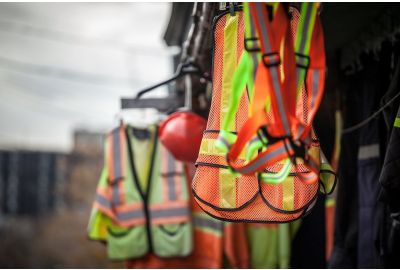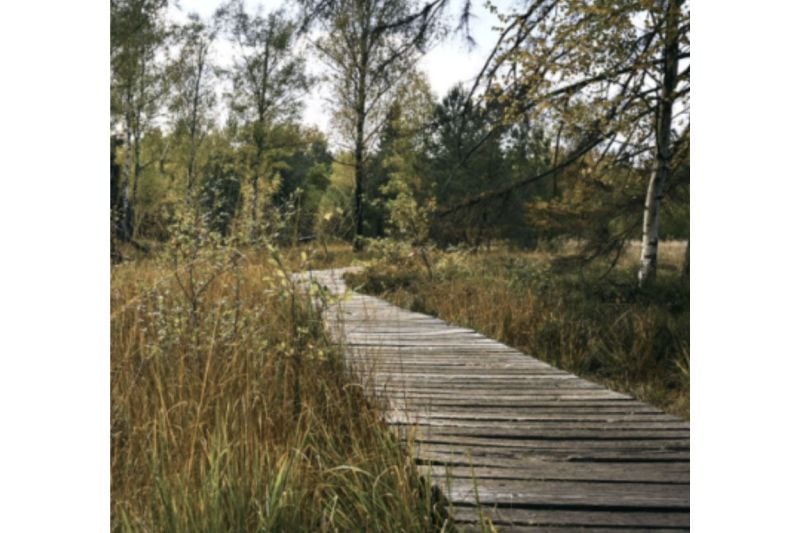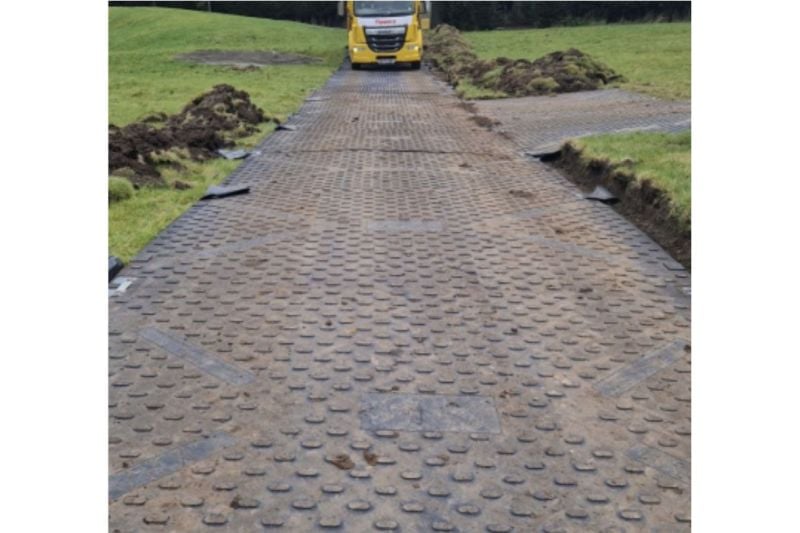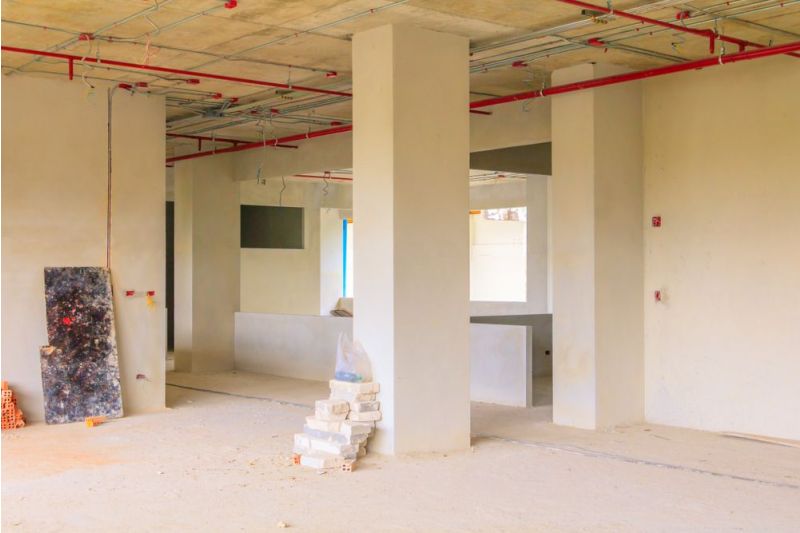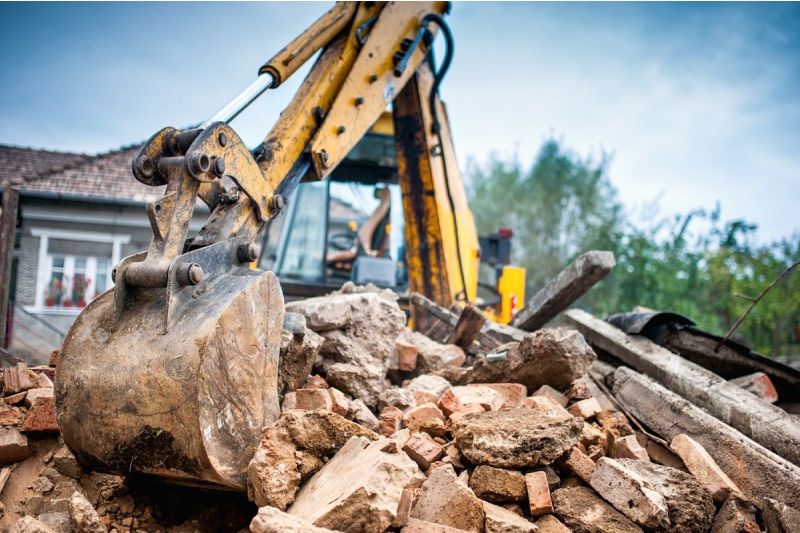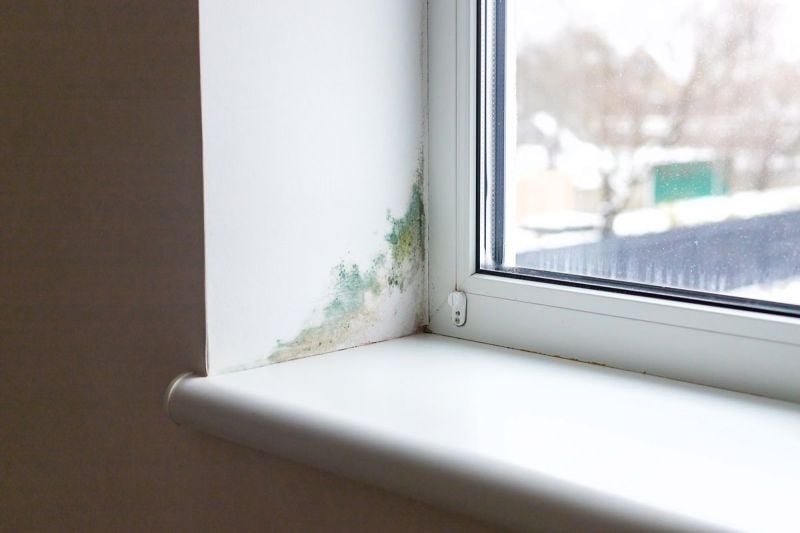Recycling is a big part of any modern construction site’s responsibilities. It’s not just construction materials and waste that can be recycled; PPE (Personal Protective Equipment) can also be recycled. From gloves to masks and everything in between, there’s a time when they need to be disposed of, especially if they have been contaminated.
How can you do this safely, and where does recycling come in? In this PPE recycling guide, we explain how it works on a construction site, offering tips, suggestions, and advice. So read on and learn about PPE recycling in the UK.
Things to consider before recycling PPE
Below are some general considerations to make when it comes to recycling PPE. We will revisit these in more detail regarding construction site PPE.
- Safety
- Segregation
- Contamination
- Collection
- Decontamination
- Material identification
- Regulations
- Repurposing
- Sustainability
READ ALSO: What you need to know about PPE requirements on a construction site
How to recycle PPE on a construction site
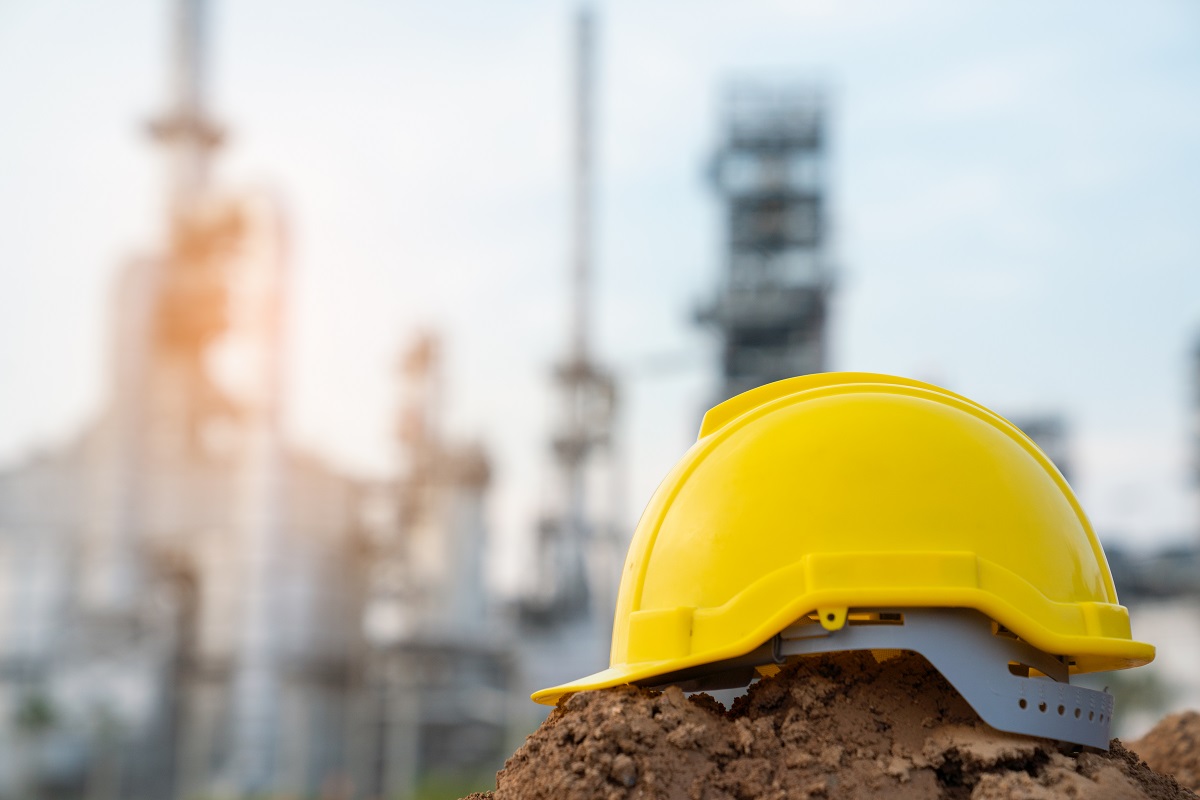
From careful planning and training to compliance with local regulations, a lot is involved with improving a construction site’s level of PPE recycling. Read on to learn how to enhance your construction site’s PPE recycling efforts.
Establish a recycling program
Establishing a robust recycling program for construction site PPE will help you to recycle effectively. Start by comprehensively evaluating the types and quantities of PPE used, highlighting the items frequently discarded that could be recycled instead.
Next, you will want to designate recycling zones on your construction site – these should be easily accessible and come with clear instructions for how to dispose of PPE. It would be best if you also looked to appoint a PPE recycling coordinator who can oversee the program, monitor its effectiveness and provide staff training.
Your PPE recycling program should also involve implementing an inventory management system. This will allow you to track PPE usage on the construction site and identify opportunities to recycle or reuse PPE. The program should also provide time for regular audits to assess how things are going and suggest any adjustments that might help to improve PPE recycling practices in the future.
Educate construction workers
Educating construction workers about the importance of recycling and how PPE should be recycled will help you to implement your program. It would be best if you informed workers of both environmental benefits and the recycling protocols you have implemented.
The instructions should be concise, easy to follow and readily available on the site. You could create some user-friendly guidelines, such as on posters that are put up across the construction site. These guidelines and visual aids should highlight how to clean, segregate, and dispose of PPE to be recycled.
You could even implement an incentive program to encourage best practices that reward individuals and teams for their recycling efforts.
READ ALSO: The importance of PPE gloves for construction
Invest in recycling infrastructure
To make your recycling efforts effective, you must invest in the appropriate level of recycling infrastructure. This is true of any recycling programme – whether it be for PPE or construction waste. For example, you should provide bins and containers for collecting recyclable PPE. Ensure these are clearly labelled and placed in strategic locations across the construction site.
Spend some of your budget on setting up sorting stations where workers can segregate PPE by material type and contamination level. Part of your infrastructure should also work in tandem with local recycling facilities and partners who can collect your PPE safely. Setting up a collection schedule will help the recycling program run efficiently.
Collaborate with recycling partners
As alluded to above, working with a set of recycling partners will be an important part of the process. You can do what you can to designate PPE to be recycled, but you will need experts to collect the PPE. Research your local area and establish a partnership with a recycling facility that will be happy to accept construction-related materials and PPE.
Following their direction and guidance, you can ensure proper handling and processing of the PPE you want to recycle. It is also worth checking whether the manufacturers of your PPE offer a recycling program. You might find that they have an initiative to take back the PPE and recycle their own products. This is definitely something to capitalise on.
Comply with regulations
One of the most important components of recycling PPE, or anything else on a construction site, is following the legal requirements and regulations. As part of your training for employees, make sure people have the information necessary to comply with environmental regulations and health and safety requirements.
For example, some materials will not be safe to recycle due to their impact on the environment, and some items might be hazardous to health – especially when it comes to contaminated PPE. The UK has specific regulations for waste management, which might apply to your PPE recycling efforts.
You can help yourself by maintaining documentation, which includes manifests and certificates for disposal and recycling. This will help prove that you have complied with all rules and regulations.
READ ALSO: What do hard hat colours mean?
Tips for recycling PPE on a construction site
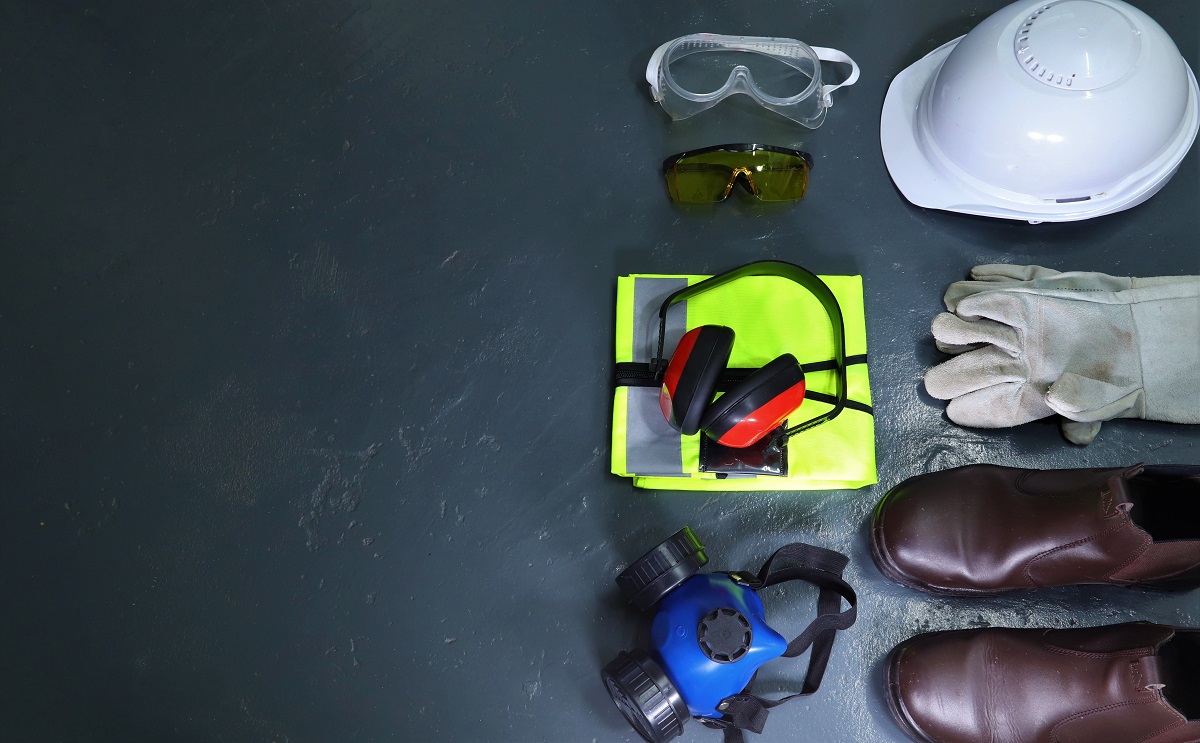
To summarise the above and give you a few more pointers, look at the tips below for recycling PPE.
- Educate and train your employees about the importance of recycling PPE and how to do it.
- Segregate PPE items by material type and contamination level.
- Clean and decontaminate lightly contaminated items before recycling.
- Identify the materials that can be recycled.
- Research local recycling facilities that can help you with recycling PPE.
- Check manufacturer guidelines, as some may have recycling take-back programmes.
- Reuse PPE that can be safely used again.
- Donate lightly used PPE to organisations that would make use of them.
- Collection bins should be labelled and positioned around the construction site.
- Comply with regulations for health and safety and the environment.
- Monitor your recycling program to see where improvements can be made.
- Consider the lifespan of your PPE to help determine when it should be recycled or disposed of.
READ ALSO: Sustainable construction: What is it and what you need to know
Who can help with recycling PPE on a construction site?
PPE recycling companies
There are a number of companies that can help with PPE recycling for construction sites. Do some research into what is available in your local area or investigate national operations that can safely collect your PPE. Some UK companies include:
- WasteCare – They offer a recycling and waste management service that enables waste producers from all industries and sectors to manage their hazardous and difficult waste.
- Kenny Waste Management – They can help with the safe and legal disposal of used PPE from construction sites.
- Recycling Lives - They manage a nationwide network of recycling sites with facilities across England and Scotland.
- Textile Recycling International – Europe’s largest sorter and collector of used textiles.
- Stay Safe PPE – They will collect your industrial PPE, sanitise, inspect and return it for re-use.
READ ALSO: How to protect your feet on a construction site
Here at Beck, we are proud to do our part when it comes to recycling and sustainability. As experts in temporary protection products for construction sites and building works, we take our environmental responsibilities seriously.
Our Proguard products are manufactured from recycled materials and are 100% recyclable themselves. You can learn more about our sustainable protection solutions here.
We supply everything from window protection to floor protection, so browse our site and get in touch for any enquiries.
For more tips, guides, and advice, visit our blog.

